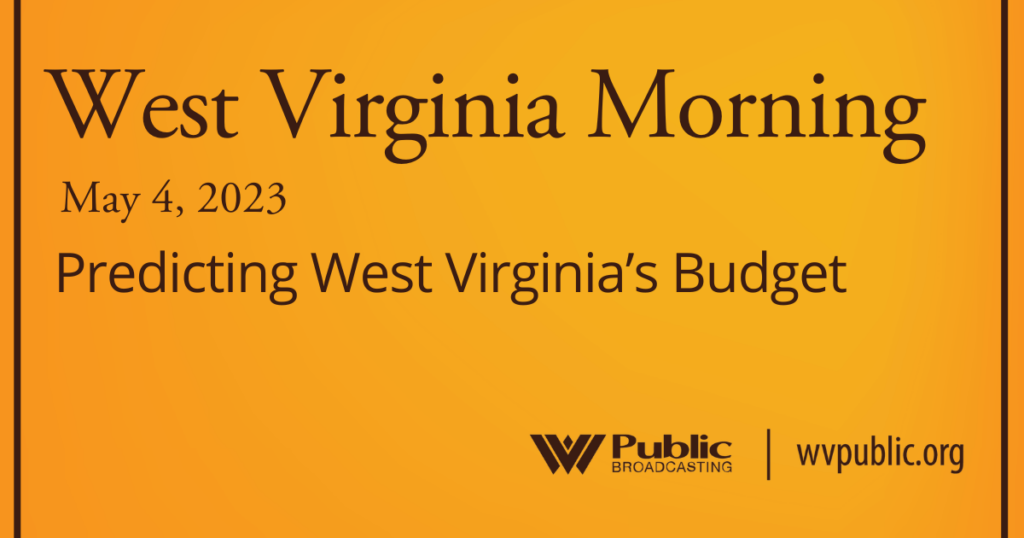On this West Virginia Morning, higher coal and natural gas prices, alongside higher demand for both fossil fuels, generated a severance tax windfall that fattened the state’s budget surplus last year. But the prices for both fossil fuels have declined in recent months.
Sean O’Leary, senior policy analyst for the West Virginia Center on Budget and Policy, said the state could find itself with a shortfall instead of a surplus in the coming years. He spoke with energy and environment reporter Curtis Tate about the volatility of the severance tax.
How the state determines its revenue estimates itself is also a subject of debate. West Virginia’s annual budget is based on estimates that come from the governor’s office, with the current surplus coming from taxes collected above those estimates. Government reporter Randy Yohe has more on how those estimated amounts garner differing points of view of how they should be determined.
Also, officials say they have “positive momentum” toward restructuring the Department of Health and Human Resources, an offer from West Virginia American Water to purchase the city of Milton’s water system was rejected by city lawmakers Tuesday, the latest national assessment of academic ability shows a continued decline in student achievement nationwide and seven first responders received the state’s first round of Medal of Valor awards during a ceremony Wednesday afternoon.
West Virginia Morning is a production of West Virginia Public Broadcasting, which is solely responsible for its content.
Support for our news bureaus comes from Concord University, and Shepherd University.
Listen to West Virginia Morning weekdays at 7:43 a.m. on WVPB Radio or subscribe to the podcast and never miss an episode. #WVMorning






















